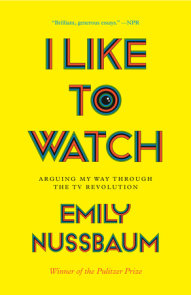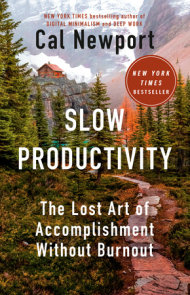READERS GUIDE
READERS GUIDEQuestions and Topics for Discussion
1. Fat activists would have us use the word “fat” not as a bad word or as an insult, but as a merely neutral description of some bodies, much like the words “short” and “tall.” How do you feel about the word “fat” after reading the book? Is it possible and realistic to reclaim “fat” in this way?
2. How did Kate Manne’s relationship with her body—and specifically the way her fatness made her vulnerable—resonate with you? Have you experienced feeling vulnerable as a result of your appearance, either now or during childhood?
3. Do you agree that attitudes need to change, sometimes in radical ways, to accommodate fat bodies and make the world just for everybody—helping us all shrug off what Manne calls “the straitjacket of fatphobia”? Did the straitjacket metaphor speak to you? What are some of the injustices faced by fat people, according to Unshrinking? What are their implications? Can you think of other injustices faced by fat people not mentioned in the text?
4. What are some examples of the ways that fatphobia intersects with racism, misogyny, sexism, classism, ableism, transphobia, and more? Do you agree with these connections? Are there other forms of fatphobia’s intersectionality not highlighted in the book?
5. Fatphobia is likely on the rise, especially when it comes to the implicit bias against fat people. Why do you think that might be? Are there other forms of bigotry that seem to be on the rise in your circles, and how, if at all, do they intersect with fatphobia?
6. Of the three strands of fatphobia—moral, sexual, and intellectual—described in the book, which was the most resonant for you? What was the most surprising? Do you think disentangling these strands is helpful, or are they all inextricably connected?
7. What did you think of Manne’s argument that diet culture gaslights us into dieting, even when we know that dieting doesn’t work to reduce people’s weight in the long term in the vast majority of cases? Have you ever felt gaslit by a person or a whole social system? What are some of the other ways gaslighting might work systemically to make whole groups of people feel that they are crazy, lazy, guilty, bad, or otherwise defective?
8. Are you persuaded by Manne’s argument that hunger is authoritative, and that we should grant our bodies’ hunger cues the authority they deserve, rather than diet constantly? Why or why not? And if you’re familiar with the idea of intuitive eating, how do Manne’s ideas compare and jibe with that idea?
9. How does the idea of body reflexivity compare to body positivity and neutrality? Does body reflexivity resonate with you? Why or why not? What about the idea of dismantling beauty culture completely?
10. What misconceptions did you have about fatness that were corrected by this book? What did you think the book’s limitations were when it came to wrestling with our ideas of fatness and health and bodies? Who in your life, if anyone, would you like to read this book and/or absorb its main messages?




















